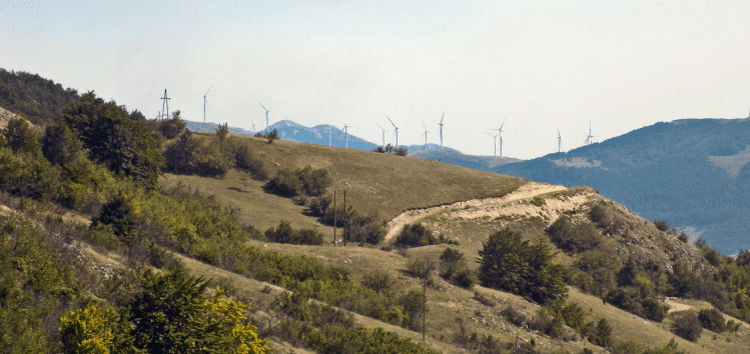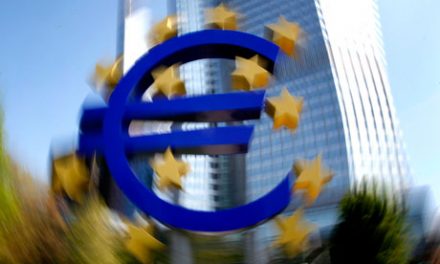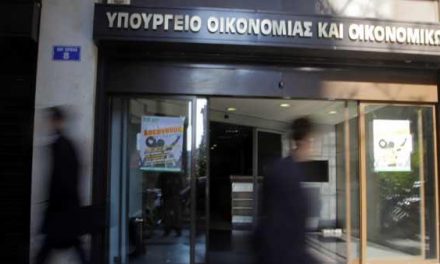By Lucia Sconosciuto
Achieving greater energy security is high on the agenda of many countries. As self-reliance is not always an option in many countries where the EBRD invests, its strategy is to advocate for greater energy efficiency and diversification of energy sources, with a great focus on renewables, open markets and adequate infrastructure.
In the Western Balkans, investments and assistance with policy reform are part of the EBRD’s toolkit to increase the sustainability of the energy sector. But what are the barriers to fully integrated regional markets in this region?
This topic was debated at the Western Balkans Investment Summit held at the EBRD’s Headquarters in London yesterday by a panel of experts including government representatives, private sector pioneers and other energy-related international actors.
According to Harry Boyd-Carpenter, EBRD Director for Power and Energy Utilities, the dated energy infrastructure in the region, which is overwhelmingly dominated by hydropower and coal, needs urgent renewal.
This, together with the fall of renewable energy costs and the opening of both the Southern Gas Corridor (SGC) and an integrated regional energy market as set out in the European Union Energy Community Treaty, presents many transition opportunities.
Dragica Sekulic, Minister of Economy of Montenegro, spoke of the country’s recent initiatives in the sector including the undersea power cable between Montenegro and Italy and the adoption of EU energy directives.
In her view, Montenegro has the potential to become a hub for trade between traditional energy importers (such as Italy) and traditional energy exporters in the region. The focus is on connecting with neighbours and creating the conditions to attract investments combined with a sensible approach to feed-in tariffs.
Montenegro has started to invest in the renewable sector with an EBRD loan for the country’s first private wind farm. The plant is operated by Akuo Energy, a true pioneer in the sector.
Akuo CEO Eric Scotto was adamant: framework regulation is key to creating market stability which can then attract investors. The dramatic drop in prices can do the rest to boost greater penetration of renewable energy.
Janez Kopač, Director of the Energy Community Secretariat, also agreed that reforms for better energy regulations will boost investments and the implementation of legal obligations under the acquis communautaire.
Kocho Angjushev, Deputy Prime Minister of FYR Macedonia, said that, given the relatively small size of individual energy markets in the Western Balkans, regional integration is essential.
The solution he hopes for in the future is a single regional market with no borders, one single regional energy exchange and one system operator. The biggest challenges are administrative, not physical, he remarked.
Luca Schieppati, Managing Director of Trans Adriatic Pipeline (TAP) AG, which will bring Caspian gas through Albania to Western Europe, pointed to the benefits of a move towards more gas-powered energy in the region. The contribution to satisfy energy demand will be significant and so is the push to decarbonisation and higher market competition.
The EBRD is financing the completion of the Trans-Anatolian Natural Gas Pipeline along the Southern Gas Corridor (SGC).
More regional cooperation, better infrastructure and diversification of energy sources, especially natural gas and renewables, can help achieve more energy security in the Western Balkans as well as contribute to countries’ Paris Agreement pledges and goals.
The EBRD will continue to work on concrete regional and cross-border energy projects with the aim of addressing key regional bottlenecks.




















